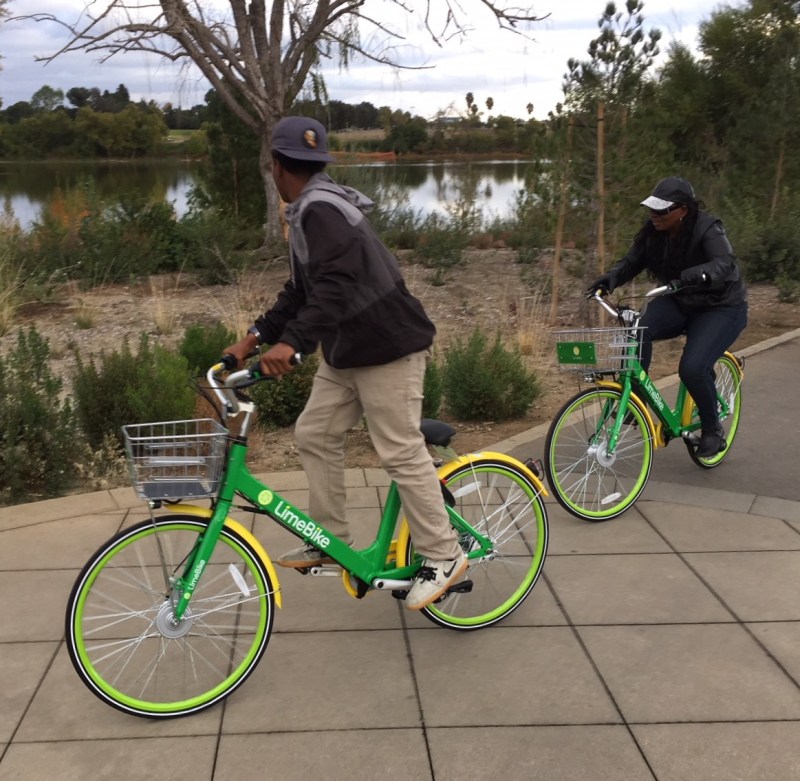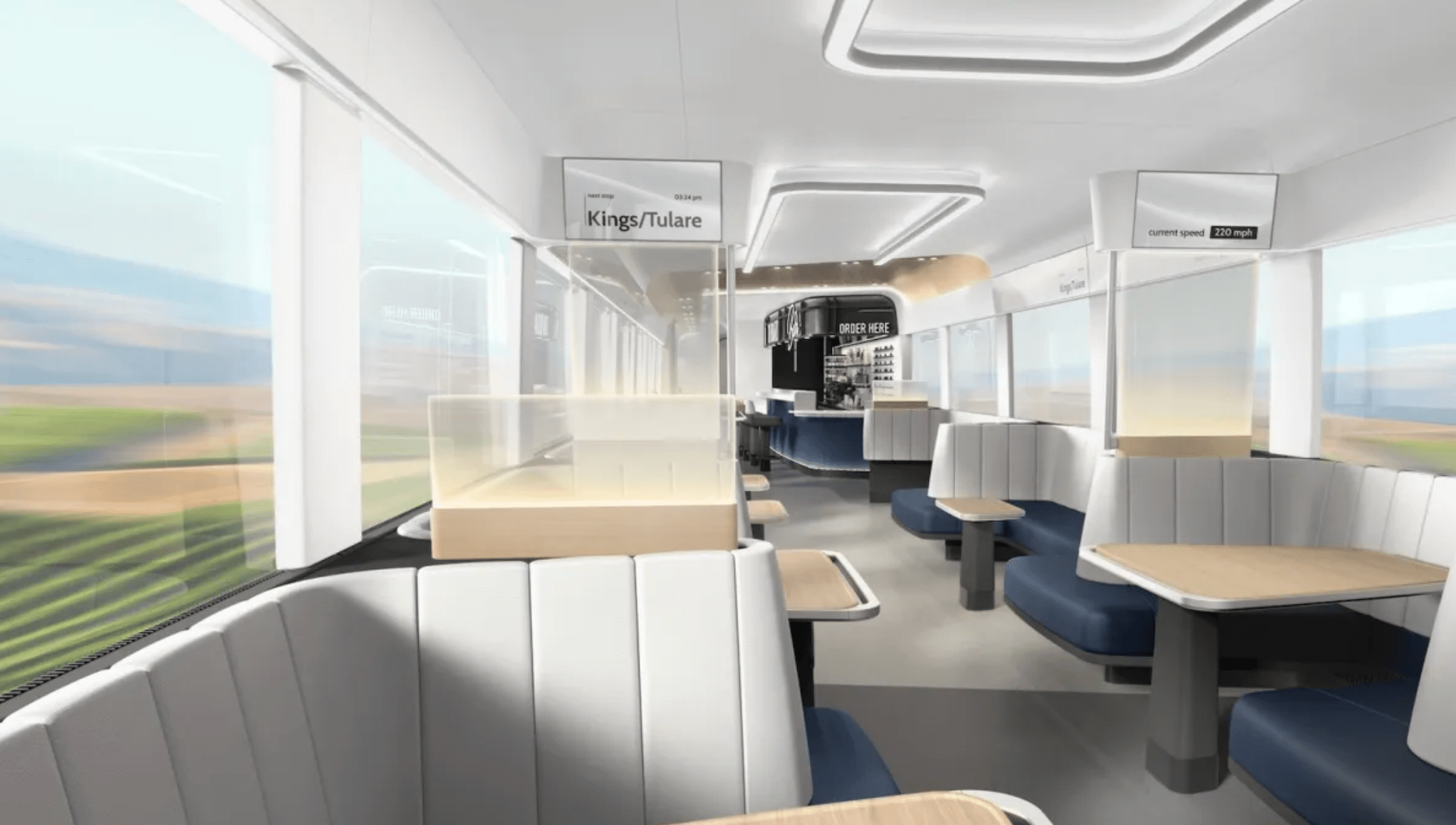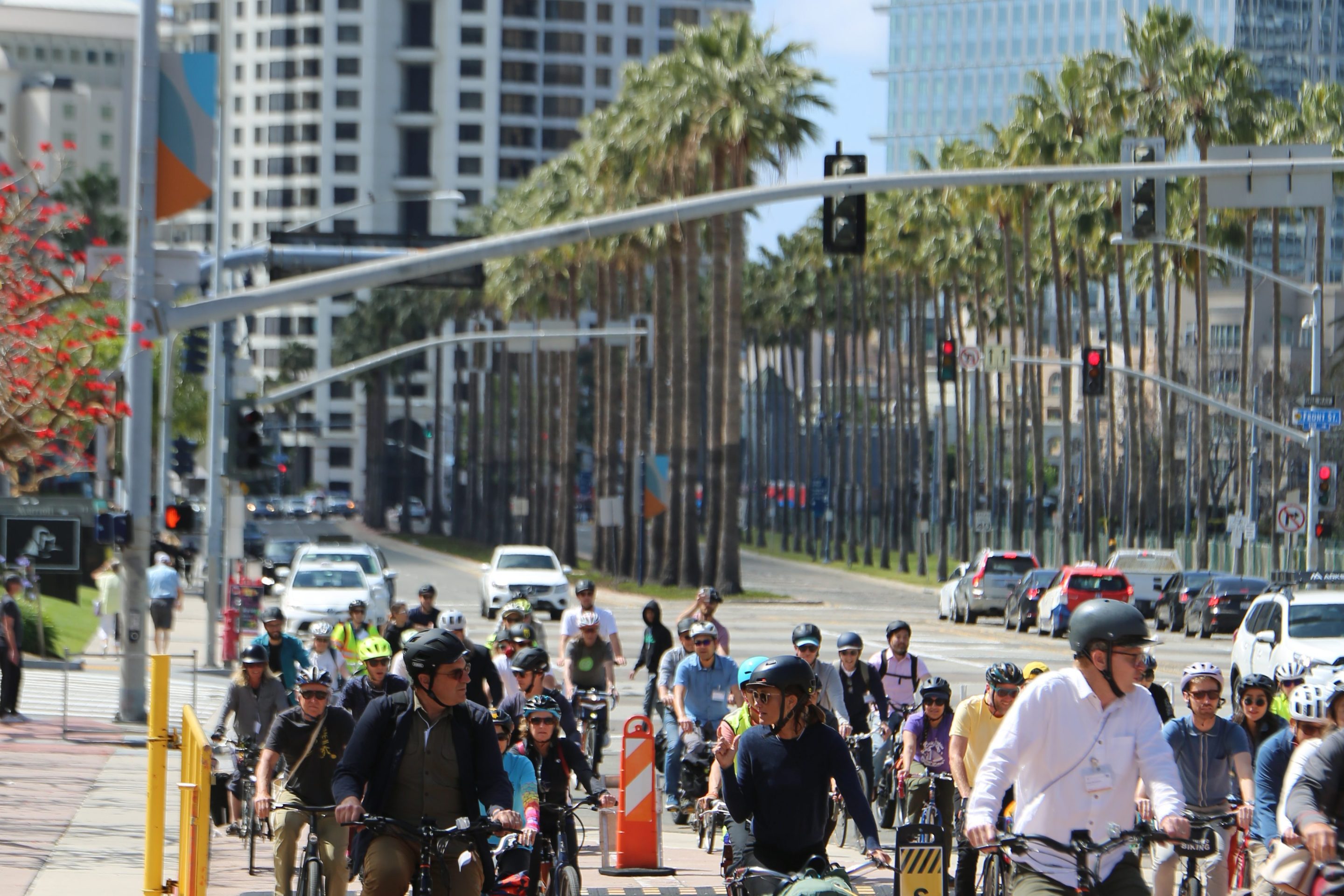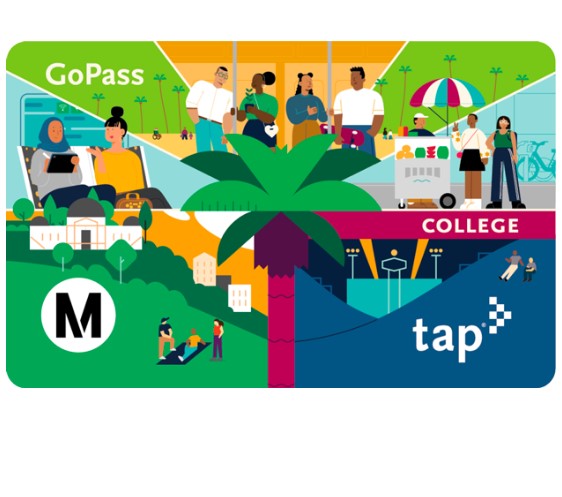More Early Bill Approvals: E-bike Classifications and Batteries, Adding Malibu to Speed Camera Program
Drilling down on e-bike safety, and whether speed cameras belong everywhere
5:26 PM PDT on April 10, 2024

Photo by Joe Linton/Streetsblog L.A.
Note: GJEL Accident Attorneys regularly sponsors coverage on Streetsblog San Francisco and Streetsblog California. Unless noted in the story, GJEL Accident Attorneys is not consulted for the content or editorial direction of the sponsored content.
The Senate Transportation Committee held its first bill hearing yesterday and passed a slew of bills on topics as varied as vehicles, traffic enforcement, rail, and leaded aviation fuels. A few discussions stood out.
E-bike Classifications and Batteries
Senator Dave Min, who last year authored a successful bill to study e-bike safety, is back with another e-bike bill on two specific topics. S.B. 1271 would require any e-bike sold in California to be powered by a battery that meets certain safety standards. It also seeks to clarify the definition and classifications of what constitutes an e-bike in California.
The specific battery safety requirements are still being worked out; Min mentioned ongoing discussions with the state fire marshal. But, he said, they would require any e-bike or scooter sold or rented in California to use a battery that has been tested by an "accredited testing laboratory" for compliance with international and state safety standards (including ANSI/CAN/UL 2849 or EN 15194).
Note that California's yet-to-launch e-bike incentive program includes no such requirement; at a recent meeting to discuss the program, CARB staff claimed that few available e-bike models meet those standards. But if California makes it illegal to sell e-bikes with batteries that don't meet the standard, manufacturers who want to sell e-bikes in California would have to step up.
The part of the bill that addressed e-bike classifications engendered a much longer discussion. That was in part because Bob Mittelstaedt of E-Bike Access in Marin County had his own ideas about how the bill should define e-bikes - not because he disagreed with its basic premise.
Certain manufacturers (Super 73, according to Mittelstaedt) sell e-bikes that they define as "multi-class," which can be set to match one of California's legal classifications. But they can also be what they call a "Class 4" e-bike, which can go up to 35 mph. "They justify it by saying they ship it as a Class 2 e-bike," said Mittelstaedt. "It's up to the rider to shift it into the correct class - we're talking about maybe a ten-year-old kid. It's as if kids were allowed to drive cars as long as they go slow, and the manufacturer ships a car that's in first gear."
Class 1 e-bikes have a motor that only gives a boost while a rider is pedaling, up to 20 mph; Class 2 e-bikes have pedals as well as a throttle which can be used to reach a maximum speed of 20 mph. Class 3 e-bikes can provide assistance while the rider is pedaling up to 28 mph. There is some disagreement about whether they have a throttle or not; Pedego's website says if it does, the throttle speed is capped at 20 mph.
"Class 4 e-bikes" are not defined in law.
Note that Class 2 e-bikes are the subject of other current bills, including one from Assemblymember Damon Connolly that would prohibit riders under sixteen years old.
The problem pointed out by Mittelstaedt "is what we're trying to solve with this bill," said Min. "While we don't explicitly mention multi-class bikes, the bill effectively disallows them; if it can go over 28mph and has a throttle, it would not be classified as an e-bike at all."
Mittelstaedt insisted that because Super 73s are popular - and incorrectly labeled - school districts have had a hard time banning them. "The bill should just say 'multi-class bikes are not permitted'," he said.
Committee members seemed more interested in how the bill could be enforced - and in whether safety concerns stem from being able to defeat the speed governor.
"We want [e-bikes] to be clearly marked at their highest performance level," said Min. "It may have to be part of a series of e-bike bills. These questions are complicated, and each jurisdiction is coming up with patchwork solutions. The bill is designed to address some serious problems in ways that have an impact," he added.
NOT in California Act
Senator Henry Stern titled his speed enforcement bill, S.B. 1509, the "Negligent Operator Treatment (NOT) in California Act." It would add two points to the driving record of anyone convicted of driving more than 26 mph over a posted speed limit.
But he also seemed to think of it as a work in progress. According to the bill's analysis, he has been looking for a way to increase accountability for dangerous speeding behavior. "At first I was taking a criminal justice approach," he told the committee. "We ended up in the world of DMV and points because, while some analyses show the deterrent [of points] may not be enough, the DMV has found that hearings required for convicted drivers resulted in reduced crashes."
The bill got strong pushback from a representative of professional driver organizations, who said that it was "unnecessarily punitive" and that two points on a driver's record could cause them to lose their job. He also complained that it does not line up with current law, which adds two points for egregious violations like DUI convictions or driving more than 100 mph over the speed limit.
Stern chose 26 mph as the cutoff to align with the way citations currently work, in which fines go up when the speed is more than 26 mph over the limit. He accepted the committee amendments to confine the bill to apply to streets that are marked at a lower speed. It wasn't clear from the discussion if that lower speed is 55 mph - so, city streets and some highways, but not freeways - or only streets marked at 40 mph or less.
Senator Seyarto tore into the opposition. "A commercial drivers' license comes with additional responsibility," he said. "If you're going 26 mph over the limit in a residential neighborhood, you know darn well you are going too fast. The best way to keep the points off the record is personal responsibility." The problem, he said, is that everyone has let the situation get out of hand by not enforcing real consequences for irresponsible driving. The bill won't "hurt law abiding drivers or people who are going only a little over the speed limit," he said. "People are tired of watching their friends die. I know I am."
"I think we can to better," said Stern, promising to keep working on the bill. "But we have to do something; I do not think we can sit tight."
Speed Camera Pilot: Adding Malibu
The ink is barely dry on last year's speed camera bill from Assemblymember Laura Friedman, and already there is at least one bill to add another city to the six named in A.B. 645. Senator Ben Allen proposed S.B. 1297 to allow speed cameras on a grid of intersections in Malibu, Santa Monica, West Hollywood, and Beverly Hills, but yesterday he told the committee he accepted their amendments limiting it to adding five speed cameras along the Pacific Coast Highway in Malibu. It would also require Malibu to add "enhanced" signs to alert drivers of the speed limit, and to continue funding California Highway Patrol traffic enforcement within the city of Malibu.
The speed cameras would have to comply with the same equity, privacy, and clear communication provisions in the original bill. The cities that are already part of the program are making progress, but none of them have begun to deploy any cameras yet. San Francisco may be the farthest along, and that city has gotten as far as selecting the intersections where they will be placed.
Most of the conversation at the hearing was about deplorable driving habits along PCH and the high numbers of injuries and fatalities due to speeding in the corridor. Front and center was the crash that killed four Pepperdine students last year when a driver going over 100 mph hit them while they waited for the bus.
Allen's argument is that PCH through Malibu has an extraordinarily high incidence of serious car crashes for its size, and that its traffic environment is "uniquely hazardous." It's a high-speed corridor with few safe crossings and high foot traffic because of the popular beach and commercial destinations that line it.
While this is undoubtedly true, it's also true of many places in California. One commenter warned that this could be "the first of many such bills," as cities clamor to be added to the program. Santa Monica, for one, is likely to be disappointed that its intersections were cut from the bill.
Meanwhile Senators Seyarto and Niello both expressed doubts that the cameras were enough of a deterrent for reckless driving.
Southern California allowed its coastal route to become a high-speed throughway that is hostile to people on foot, transit, and bike, even though tourists, residents, and businesses all want to get in and out of destinations all along it. That's a description of many towns and cities in the state, and it's going to take more than a few speed cameras to fix it.
Streetsblog California editor Melanie Curry has been thinking about transportation, and how to improve conditions for bicyclists, ever since commuting to school by bike long before bike lanes were a thing. She was Managing Editor at the East Bay Express, editor of Access Magazine for the University of California Transportation Center, and earned her Masters in City Planning from UC Berkeley.
Stay in touch
Sign up for our free newsletter
More from Streetsblog California
How the Myth that ‘100 Companies’ Are Responsible for Climate Change Hides the True Impact of Automobility
An influential report pins responsibility for the climate crisis to just a handful of oil, gas and cement producers. But who's buying what they're selling — and who's creating policy that makes many of those purchases functionally compulsory?
Monday’s Headlines
Reckless policies encouraged giant cars; Who should control AVs? E-bikes need more and bigger lanes; More
Metro Board Funds Free Student Transit Pass Program through July 2025
Metro student free passes funded another year - plus other updates from today's Metro board meeting
Commentary: There is Zero Ambiguity to the West Portal Tragedy
What happened in West Portal was entirely predictable and preventable. The city must now close Ulloa to through traffic and make sure it can never happen again




